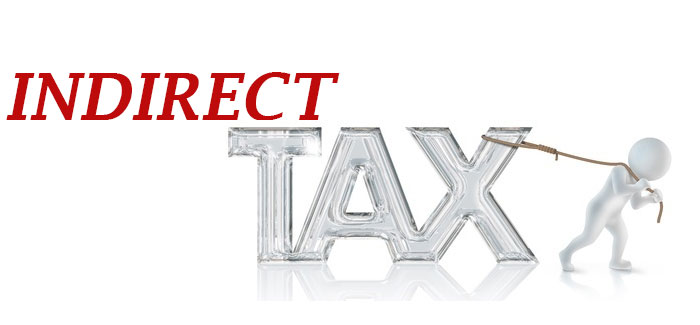
The Government will be having a mechanism to resolve the tax issues of the company. It is aimed to lower the rate of litigation. The mediation will help to discuss the disputes relating to the law and ascertain the tax liability of the taxpayers.
The companies Act provided a formal mediation to settle disputes relating to the law but such a formulation is not present in the Income Tax Act. The Companies Act in 2016 provided for a formal process to settle disputes relating to the law but such a formulation is not present in the Income Tax Act 1961 
The mediation process examines the tax legislation and all relevant facts in detail. The direct tax task force headed by formal CBDT member, Akhilesh Ranjan, had suggested mechanism to ascertain tax liability. The CII (Confederation of Indian Industry) lobby group has pitched for a method to mediate and settle the tax dispute.
The Government needs to partially address the demand through Advanced Pricing Agreements (APAs) for transfer pricing cases.
Read Also: Definition and List of Indirect Taxes in India 
Still the need for a comprehensive tax mediation mechanism where taxpayers can have a dialogue for settlement of their disputes regarding tax in all types of cases.
The US Internal Revenue Service has Fast Track which is a mediation programme which helps to mitigate disputes in 40-120 days. A key feature of fast track is that if the dispute is unresolved through a mediator, the taxpayer can appeal through traditional ways.
In the UK also, there is a third party dispute resolution without forming a view to settle tax disputes.








